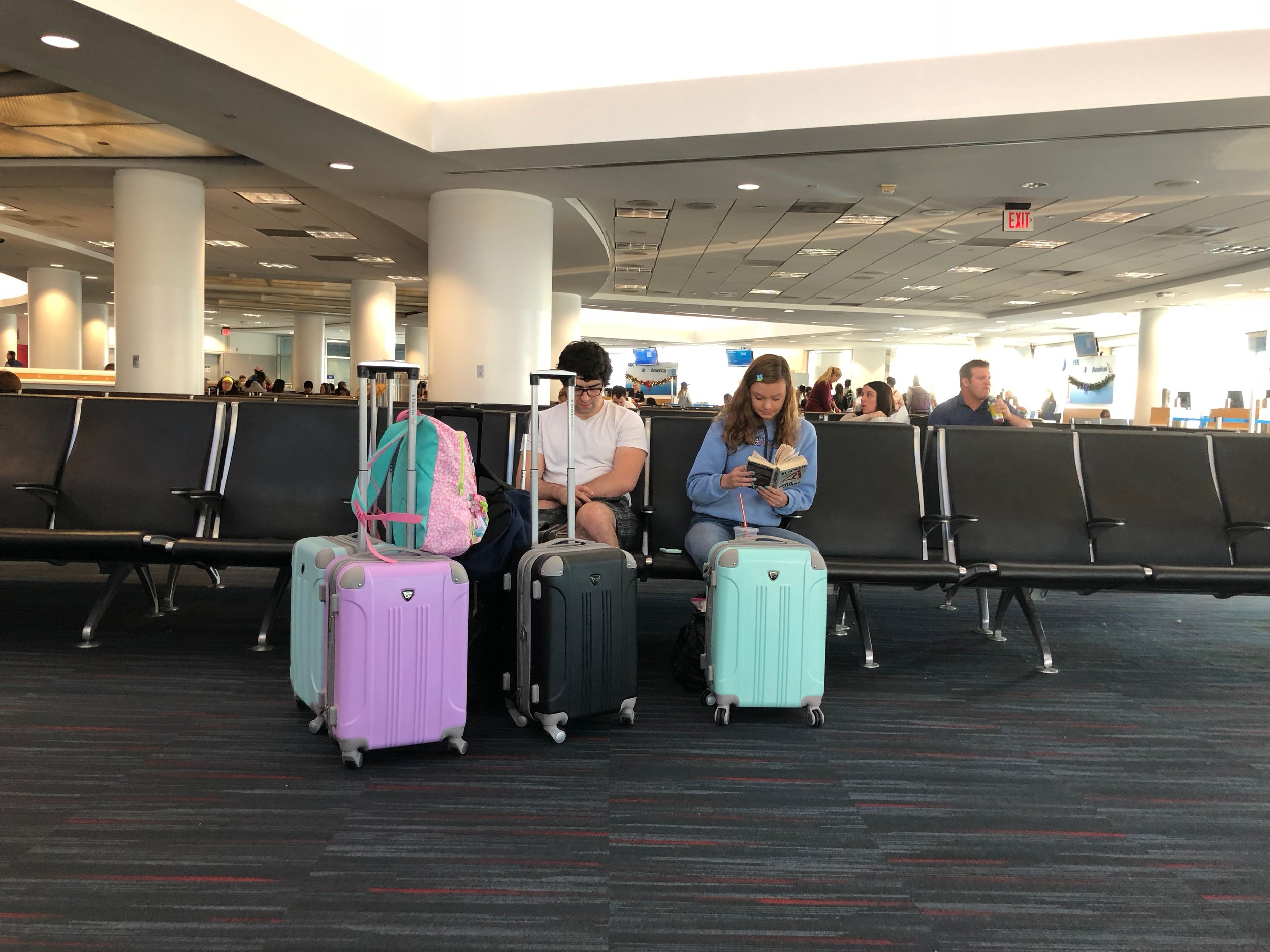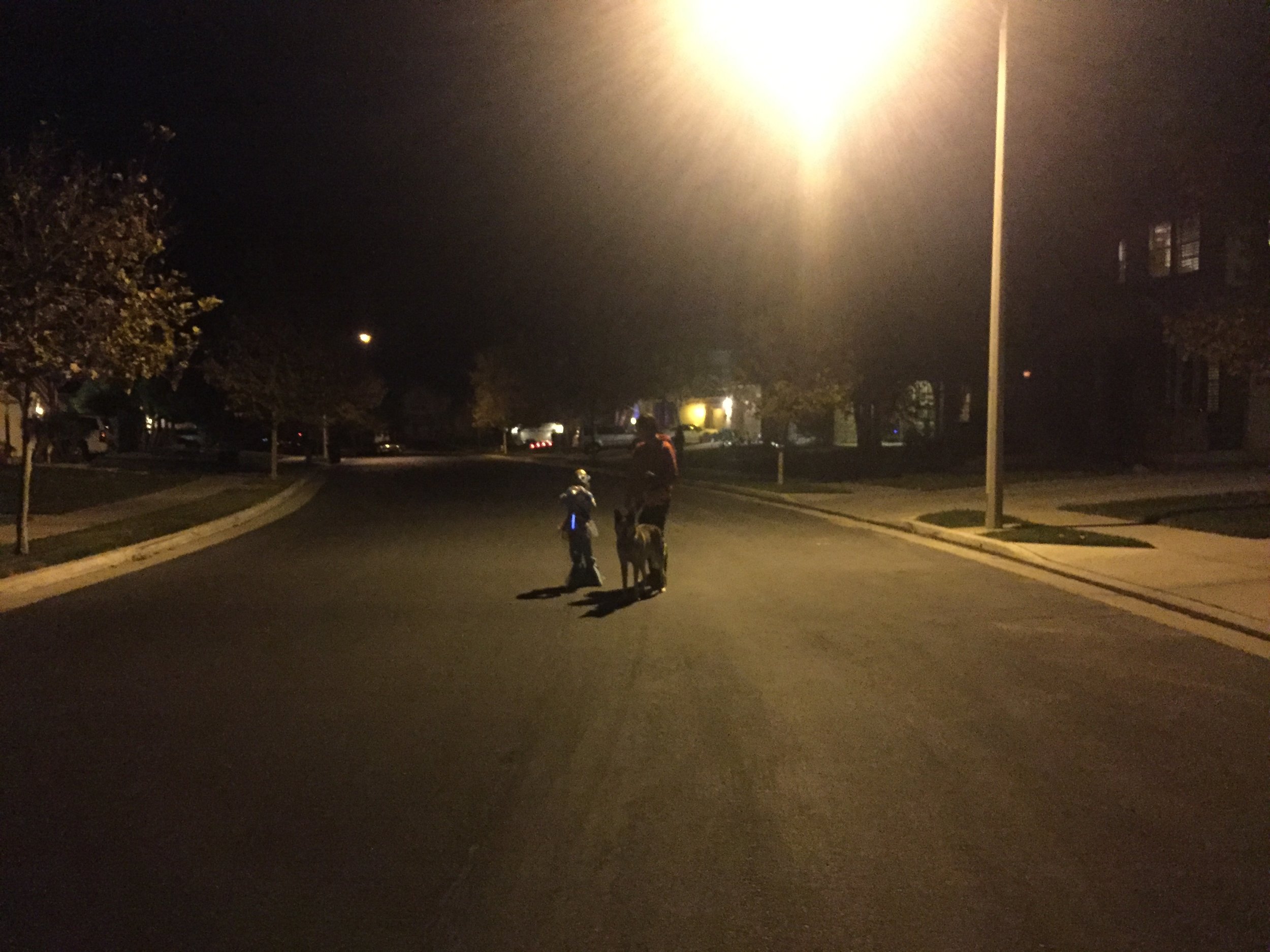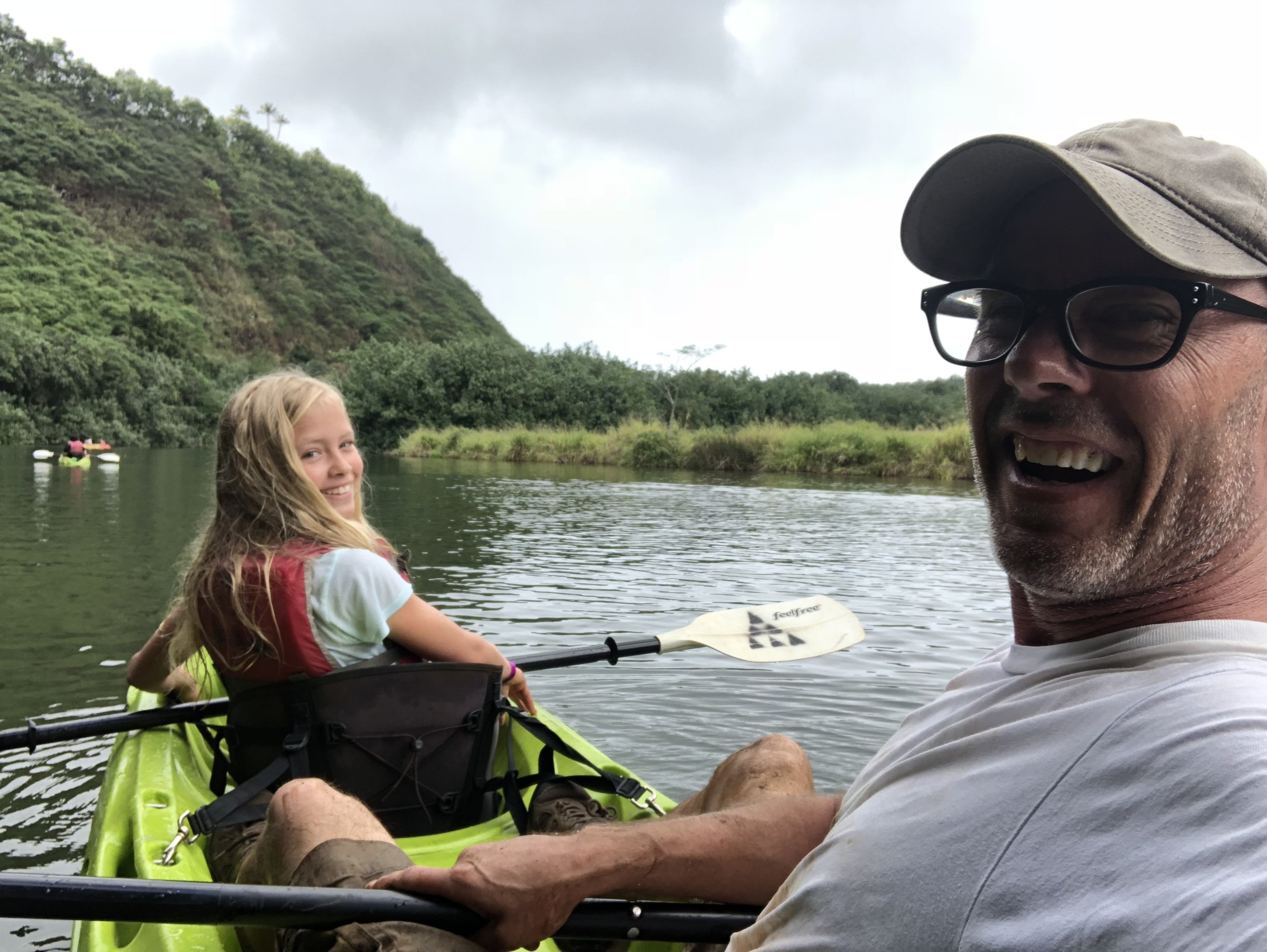Labyrinthitis
When I got sick on September 13th of 2017, I had no idea what was happening. A week later, I was diagnosed by my ENT with “Labyrinthitis.” This condition also gets lumped in with other vestibular conditions such as “Meniere’s Disease” or “Vestibular Neuritis,” etc. So, I should describe what Labyrinthitis is:
Inflammation of the inner ear.
According to Google:
Fewer than 200,000 U.S. cases per year.
Treatable by a medical professional.
Requires a medical diagnosis.
Lab tests or imaging not required.
Short-term: resolves within days to weeks.
Labyrinthitis is usually triggered by an infection, such as a cold or flu.
Hearing loss, dizziness, and a spinning sensation (vertigo) are common symptoms. Diagnosing labyrinthitis is challenging because these symptoms are also common in many other conditions.
Labyrinthitis usually goes away on its own. Medications can help manage symptoms. Vestibular rehabilitation therapy may help in some cases.
Google... ha!
Ha! “goes away on its own”. Oh, Google! You are so crazy! But what that really means is: There is not much you can do about it ;) Sometimes, it’s not so “short-term.” The symptoms of the condition can vary greatly (such as my hearing loss in the left ear). Some symptoms can still very much be in the forefront of most people’s lives for months, years, and sometimes the rest of their lives.
I work
Though it has become progressively better with each day, for the last 5 months I have opened my eyes, I say a few words (inside voice) and begin to move. The moment my body moves, I have a lite-headed sensation, and that’s how the day starts. With every step, it can feel as though every movement is exaggerated. Brushing my teeth can seem like an earthquake some days. I make coffee, feed the dog, and prepare for work.
I drive
Early in the acute phase, I was not able to walk, let alone drive. After 3 to 4 weeks, I felt more capable of driving. However, I probably should have waited another couple of weeks before getting behind the wheel. I limited my driving as much as possible.
I talk
I try not to complain about it. I really do. But some days are worse than others, and talking about it does help. I joined a group on Facebook (Vestibular Hope), and it helps to read posts from others. One thing that’s rarely discussed with the symptoms is the mental confusion, exhaustion, and anxiety that’s associated with these conditions. The simple physical toll it takes on your body to maintain balance can be difficult.
I do
One thing that I have learned from reading about how others have approached their lives with vestibular issues is that I must keep pushing forward. Seeking therapy, doing yoga, exercises, etc. I see them not taking a knee or sitting on the sidelines. They are remaining positive and continuing to experience life on life’s terms. I think it’s a big part of recovering and returning to normalcy. I can only hope to continue to do the same.
I did
Since last September, I have done so much that I initially hesitated doing. In the beginning, the small things (walking up or downstairs, taking a shower, etc.) were so scary. Then gradually, universal life, and not so general things were more comfortable to do... Here are just a few of those things (some not pictured below) I wanted to take a moment to note them for posterity:
If you are going through this, I only hope you find this post helpful and hopeful. I hope you keep pushing. I hope you keep trying. Thanks for reading! And please comment below if you have any questions about this post. I am all ears (well, except my left one)!!!



















